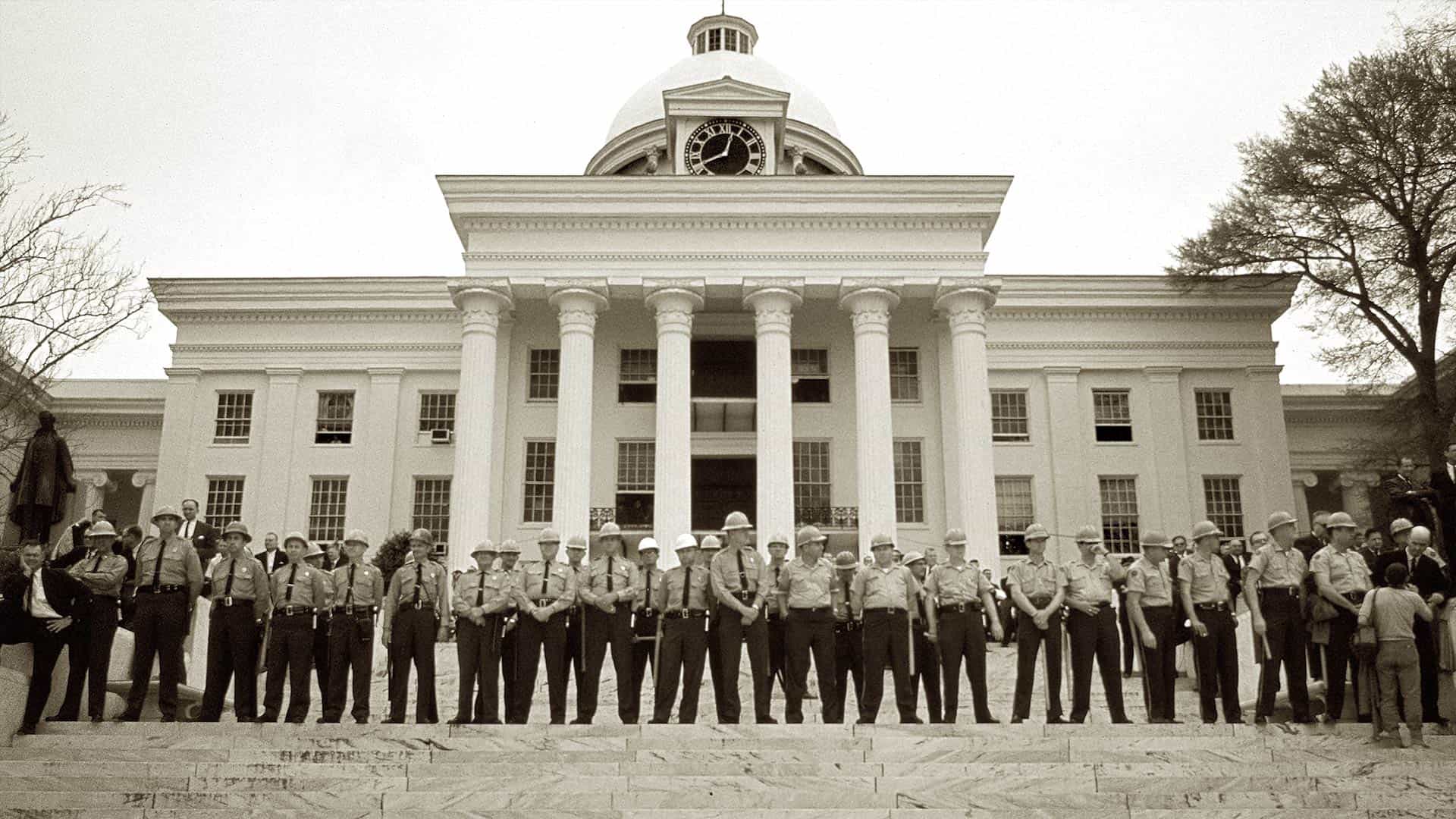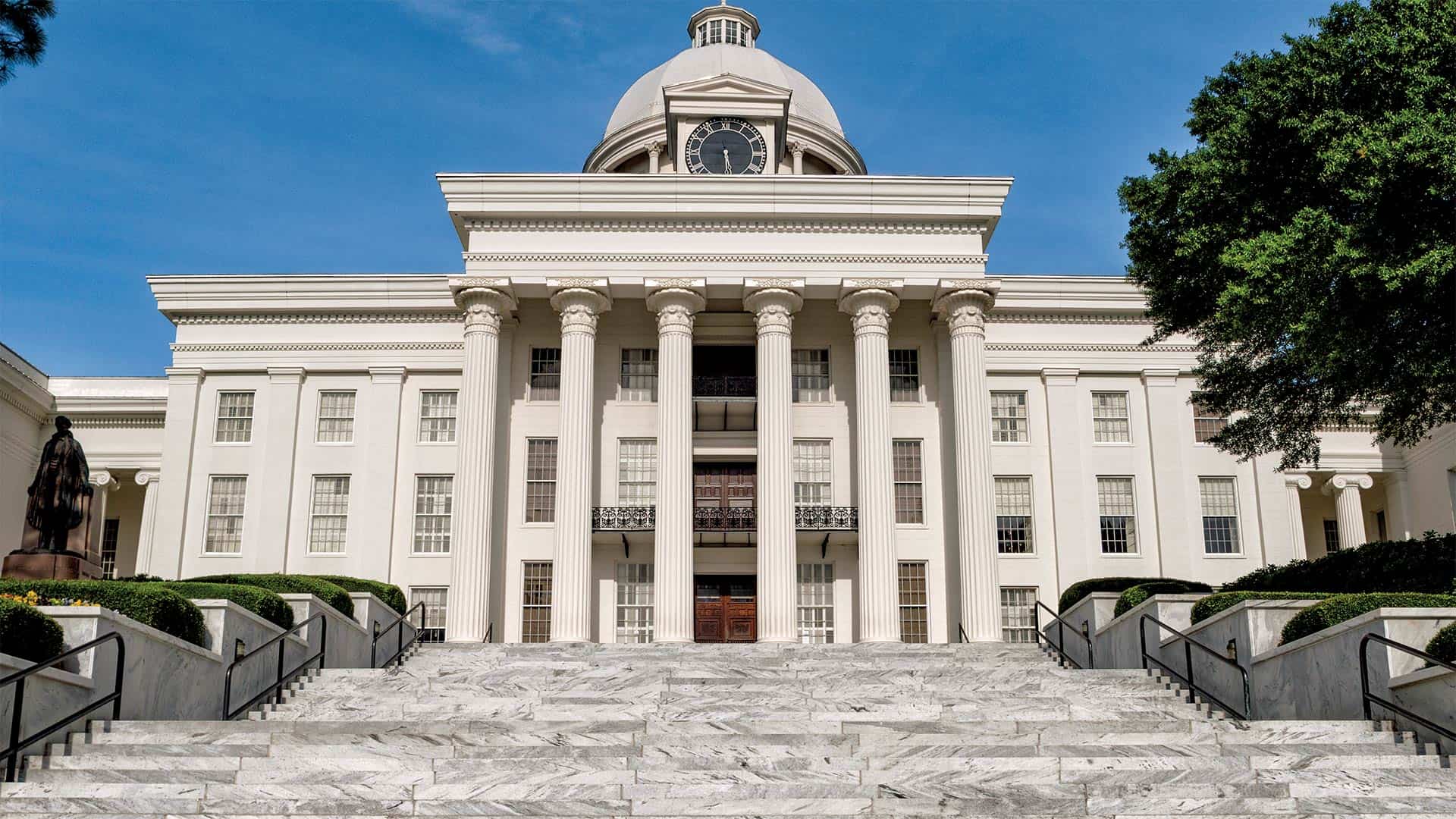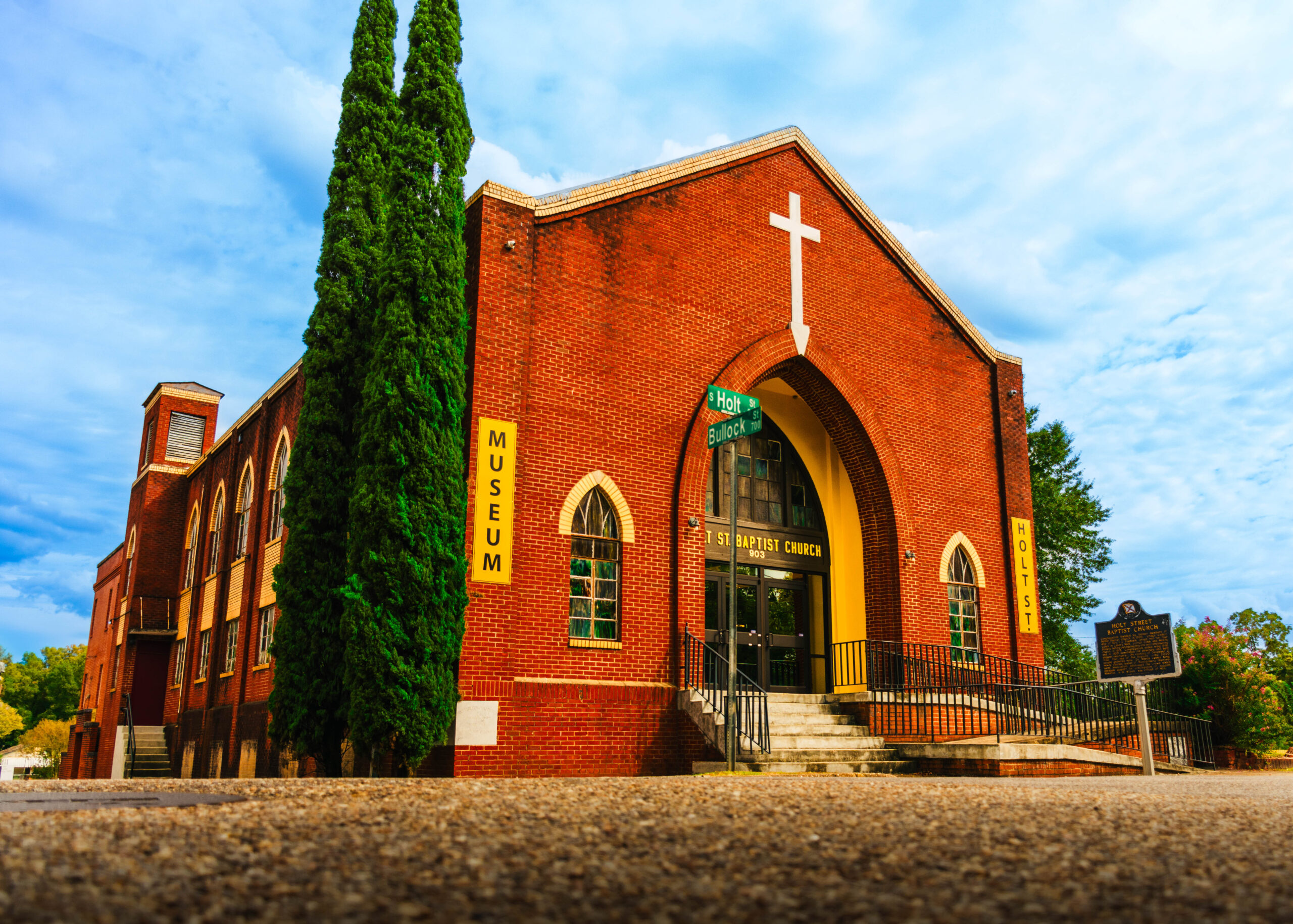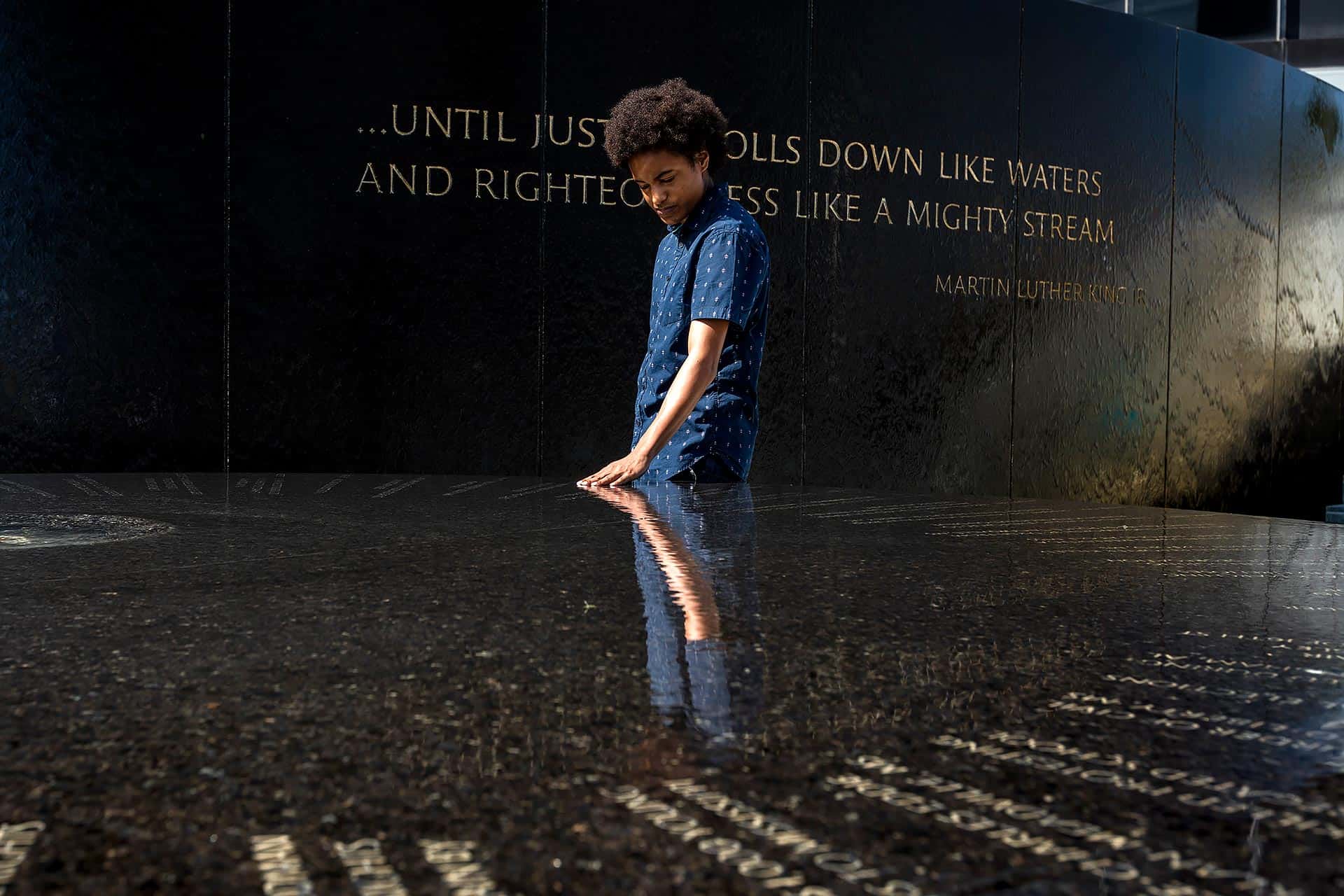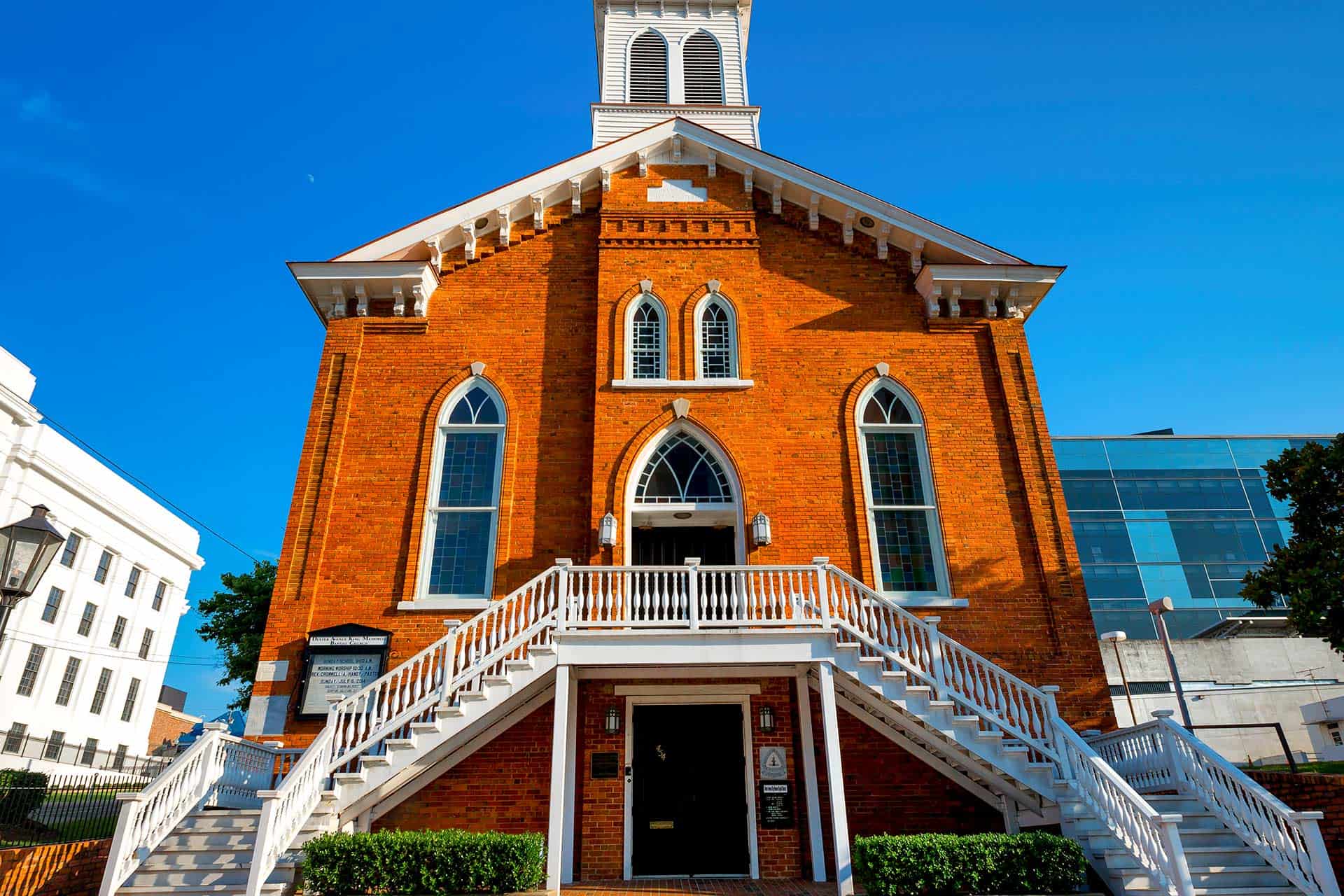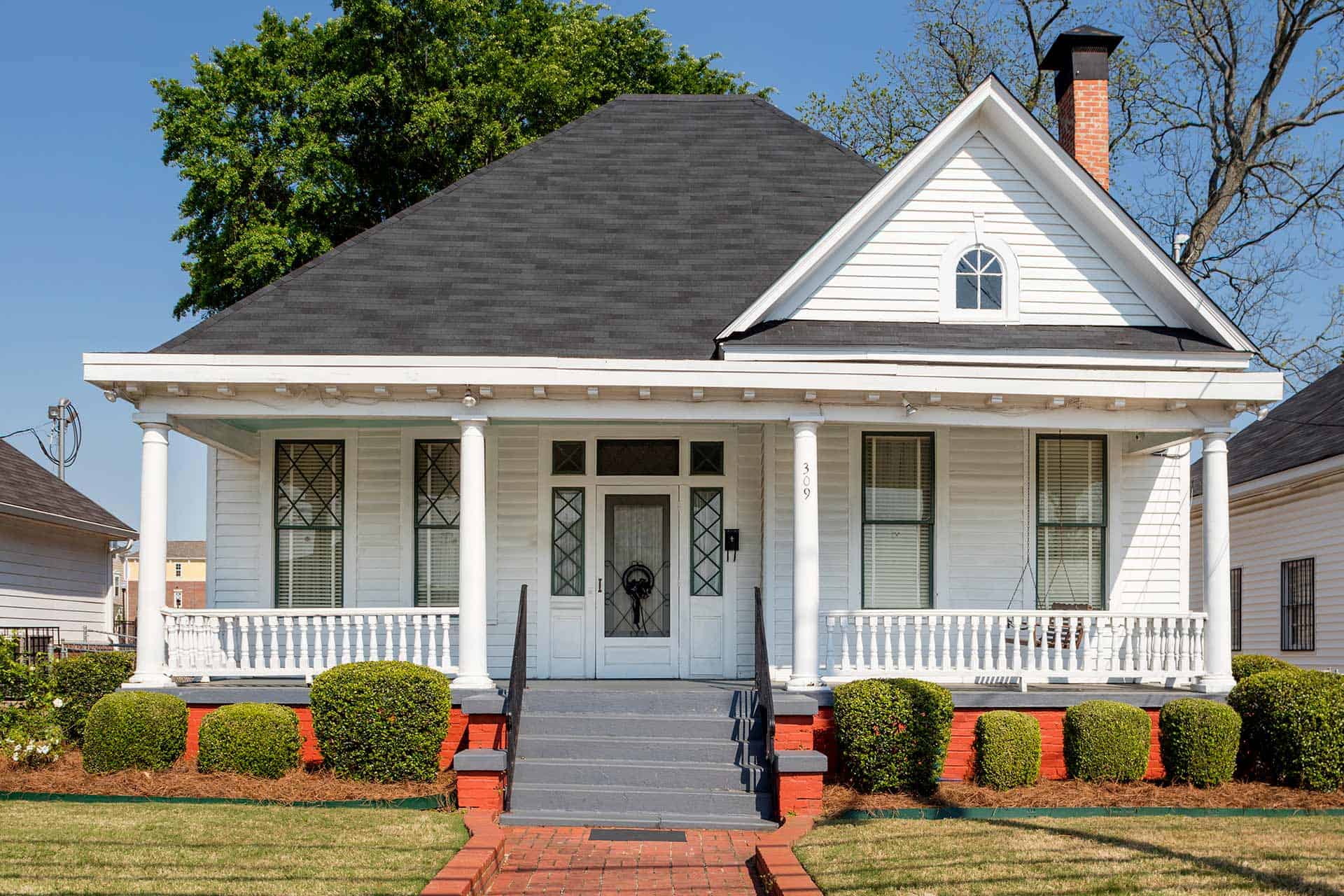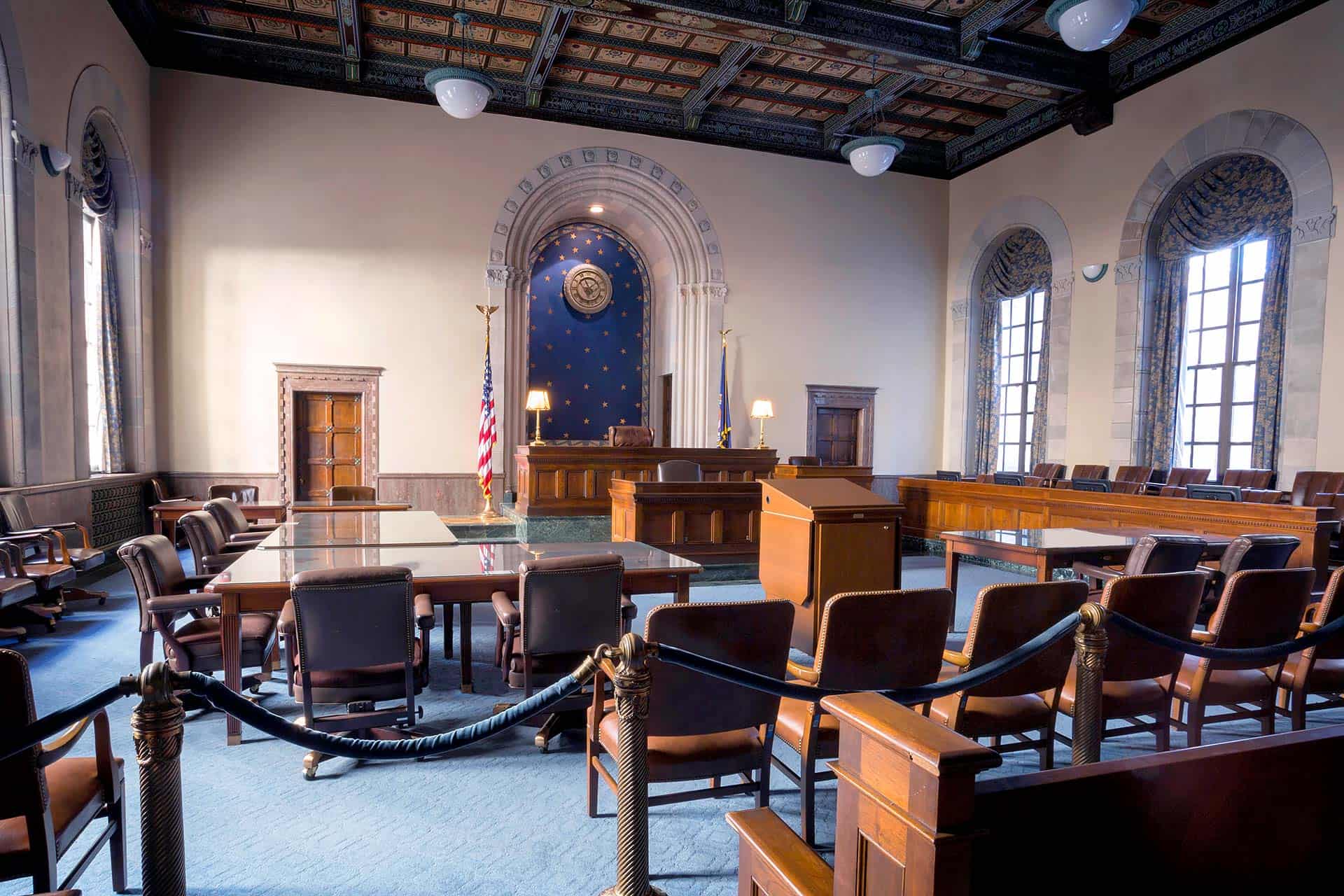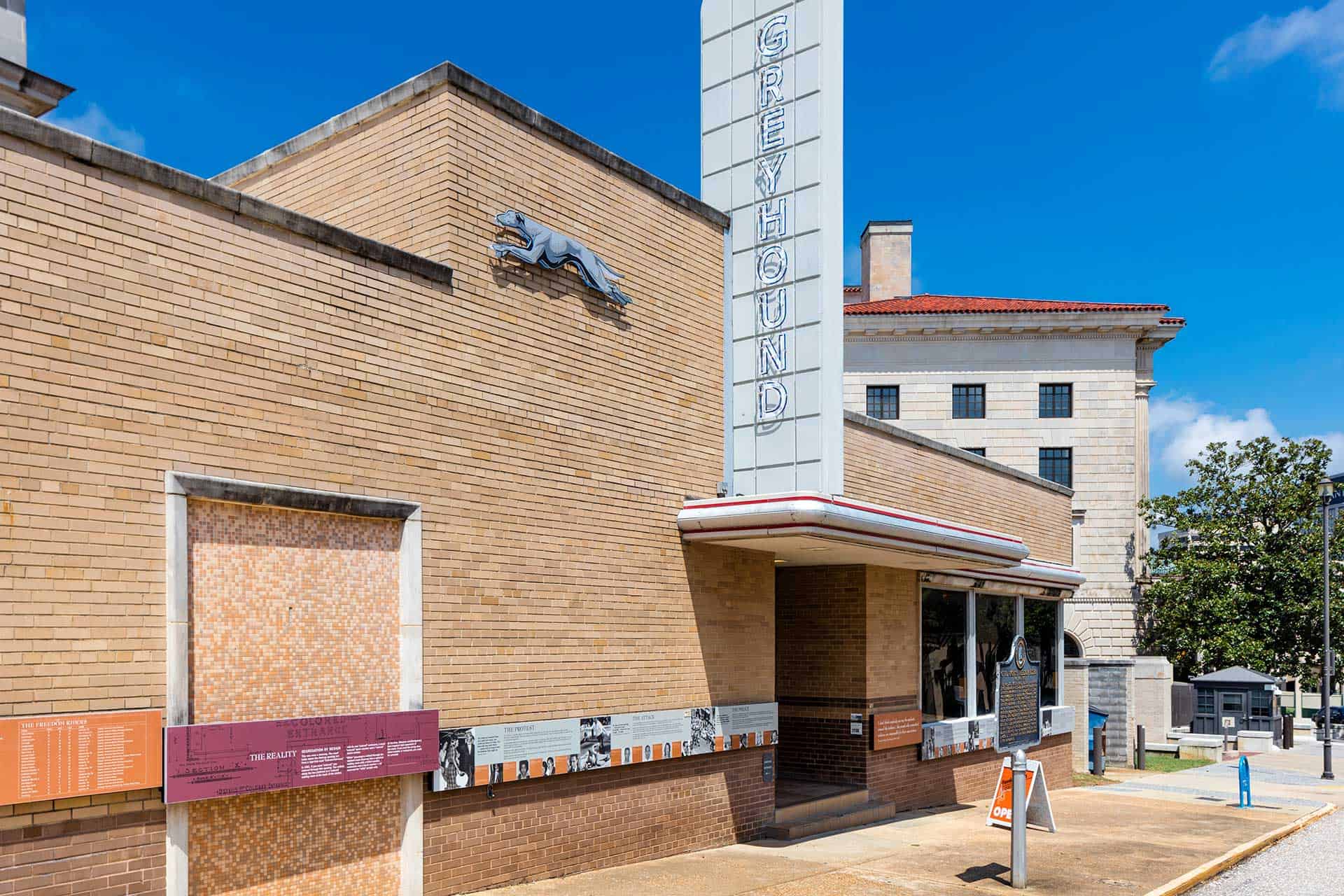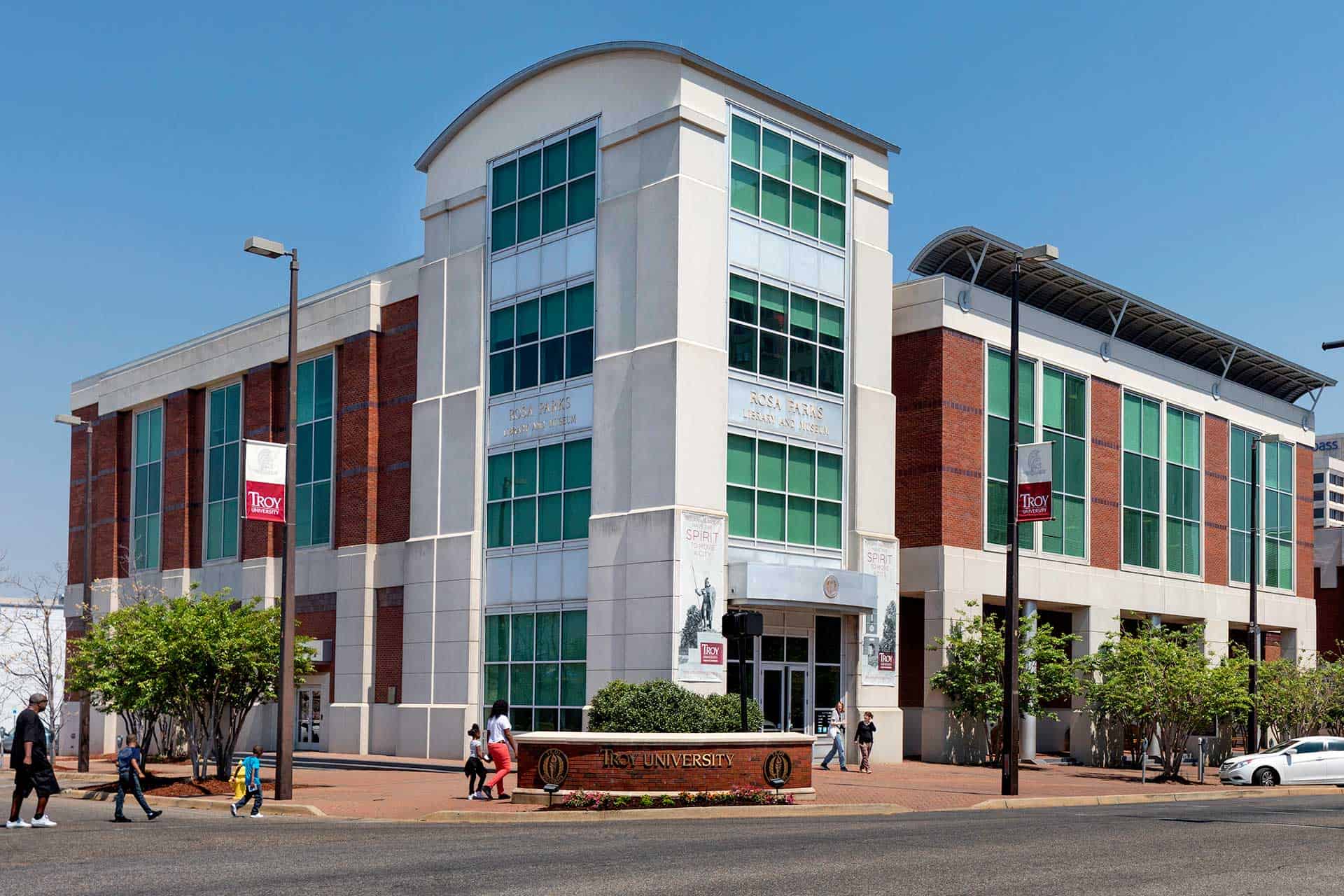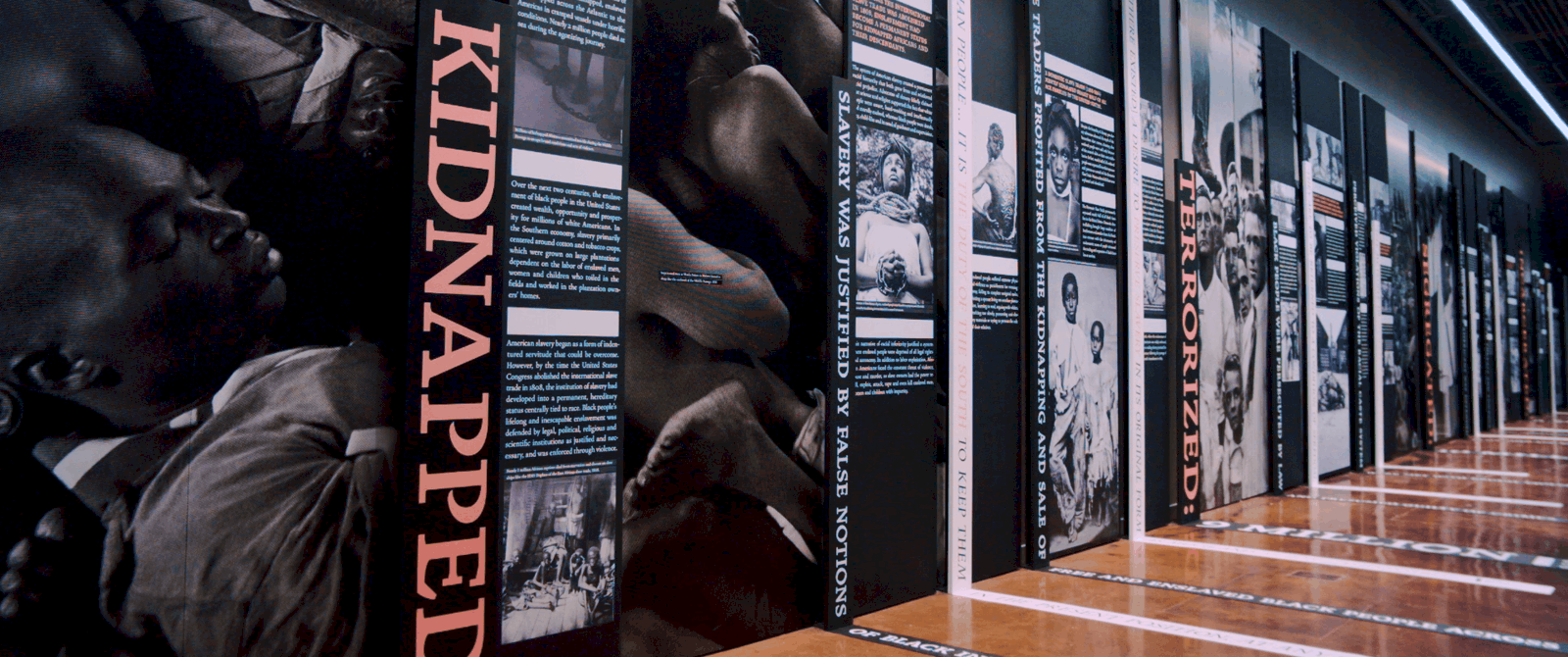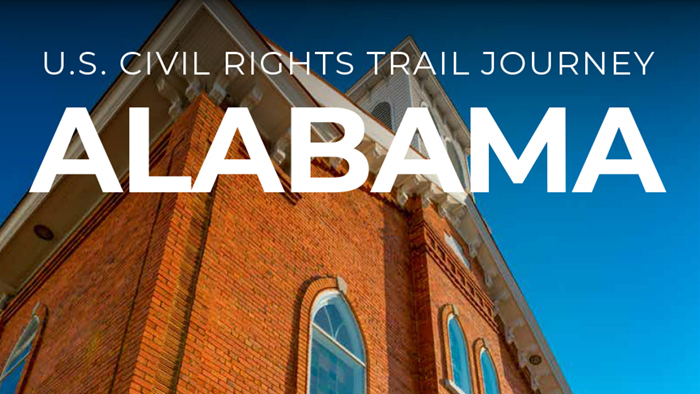The Home of Leaders and Martyrs of the Civil Rights Movement
The capital of Alabama represents an important place in the fight for voting rights, with the Alabama State Capitol Building having served as the end point of the third march for voting rights from Selma. But there’s much more to Montgomery’s significance than what occurred at the iconic Capitol. In this city, not only can you visit museums and memorials commemorating the Civil Rights Movement, but you can also follow in the footsteps of Dr. Martin Luther King Jr., see the site of Rosa Parks’ arrest and see the courthouse of Judge Frank M. Johnson Jr. That these three notable leaders were in Montgomery further marks the city as a significant site of Civil Rights Movement activity.
Experience history through the city’s churches that helped nurture and unite the Civil Rights Movement and the Montgomery Bus Boycott. Visit First Baptist Church on Ripley Street, Holt Street Baptist Church, City of St. Jude, or Dr. King’s church, Dexter Avenue King Memorial Baptist Church.
Here you’ll find testaments to those who came before, furthering the truth that what happened here changed the world.




